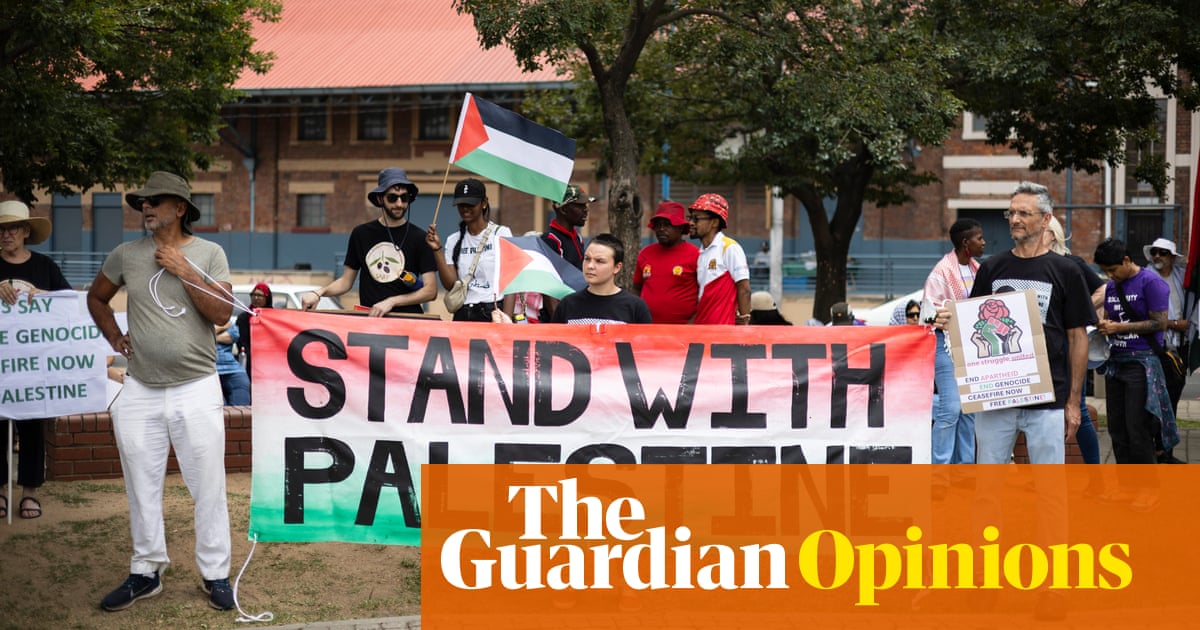
What will it take for Joe Biden to admit he is disastrously wrong about Afghanistan? The US leader struck a defiant pose last week. Sounding like a slightly desperate Olympics coach, he told Afghans it was their country. If they want it, they have to fight for it. In American politics-speak, this is called tough love. Without the love.
Biden has more hands-on foreign policy experience than any president since George HW Bush. That doesn’t mean he knows what he’s doing. Opinion polls suggest his abrupt Afghan withdrawal has majority public support. That doesn’t mean Americans will remain indifferent as the carnage and misery mount.
Daily battlefield successes for the Taliban and the growing threat to Kabul are feeding a sense of profound failure, panic and humiliation. Grim comparisons with the 1975 fall of Saigon abound. Emergency evacuations have begun. Hundreds of thousands are on the move amid a developing refugee crisis. All the signs are that it’s going to get worse.
Biden says the US is still providing limited military support, logistics, cash. But the sheer pace of the Taliban advance, and surrenders by demoralised government troops, have shaken the White House. It’s no use repeating that Nato trained and armed a 300,000-strong security force. Not if it’s no use.
That’s grossly unfair to many brave Afghan soldiers who have been deprived of critical US air cover. Yet no army fights well if it lacks credible, respected political leaders. Sacking the country’s military chief, as President Ashraf Ghani did last week, is no answer. The problem lies in Kabul. Afghanistan’s dependent political class, sheltered by the US since 2001, never really stepped up. Now it may be too late.
Biden has ripped away the protective shield, exposing incompetence, lack of planning, lack of resilience. He has also unwittingly exposed the weakness inherent in two decades of stop-go western efforts to rescue Afghanistan from its past. The past is now catching up with a vengeance. Turns out, not much has fundamentally changed.
Biden’s reasoning goes like this: the US spent more than $1tn there. Over 2,400 Americans died. Washington has other priorities. This cannot go on indefinitely. Yet reason has little to do with it.
The president thought he would gain credit for getting out. So far, it’s been all brickbats. Opponents will ask: who “lost” Afghanistan, Joe? It’s not reasonable, but this will be Biden’s defeat. He will own it. It may come to haunt him.
And it could be cataclysmic. Sweeping the country, Taliban forces are closing in on Kabul. US analysts warn the capital may fall within weeks. Millions may be forced over the borders, into Pakistan, Iran and on to Turkey, where they are not welcome.
Those who stay face orgies of retaliation, revenge killings, and oppression. Last time Kabul fell to the Taliban, in 1996, the president, Mohammad Najibullah, was captured and tortured to death. His corpse was hung from a traffic light at a roundabout, signalling a new era of Islamist rule.
Already, a powerful international chorus is decrying the consequences of Biden’s too-hasty retreat. The UN and aid agencies foresee a humanitarian catastrophe. European countries fear a Syria-scale refugee crisis. Women’s organisations are aghast at the cruel subjugation of Afghanistan’s women and girls.
Senior military men from Nato allies bemoan an “historic” strategic blunder. The US departure is a gift to China and Russia, pundits say. It reinforces claims, heard in Iraq in 2011, that the US lacks staying power and leaves friends in the lurch.
All this will be laid at Biden’s door, even as he insists he has not abandoned Afghanistan and is doing the right thing.
Republican Mitch McConnell, the Senate minority leader who long ago mislaid his personal moral compass, gave a foretaste last week. Biden, he said, was guilty of “wishful thinking” and lacked a “concrete plan”. Such hypocrisy is mind-blowing. The original decision to cut and run was Donald Trump’s and was backed by Republicans. That does not stop them exploiting the crisis to discredit him.
Maybe Americans will not blame Biden personally for the Afghan implosion, dismaying and heart-wrenching though it is. They may conclude that the US tried its best. But if his decision to quit directly threatens their own security, that’s a different matter.
Herein lies the key faultline in Biden’s policy that may force him to change tack, even ultimately to reverse the US military pullback. For, contrary to assurances given in the Doha talks, the Taliban are reportedly fighting alongside al-Qaida and possibly Isis terrorists, too.
Far from denying succour and support to fellow extremists, the Taliban are offering both. The Afghan government, meanwhile, says about 10,000 jihadists from Pakistan and other countries have joined the battle. As in 2001, Afghanistan again looks set to become a safe haven and operational hub for international Islamist terror.
This is exactly what the US (and Britain) always insisted must never happen. Crushing Osama bin Laden’s al-Qaida in the wake of the 9/11 attacks was the reason the US invaded in the first place. Allowing al-Qaida a way back is an anathema. Americans would never forgive it.
Even so, the situation begins to resemble Iraq after the US withdrawal in 2011. Within two years, Isis had seized large areas of Iraq and Syria and declared an Islamic caliphate. A series of terrible terrorist atrocities ensued, there and across Europe.
To stop the attacks, and eliminate the jihadists, the US bit the bullet and sent combat troops back to Iraq. Will history repeat itself in Afghanistan?
Biden may resist intensifying political and moral pressure to think again. He will never admit he was wrong to leave. But a reviving international terrorist threat could yet force him to return.
It may be there’s just no escaping Afghanistan.












